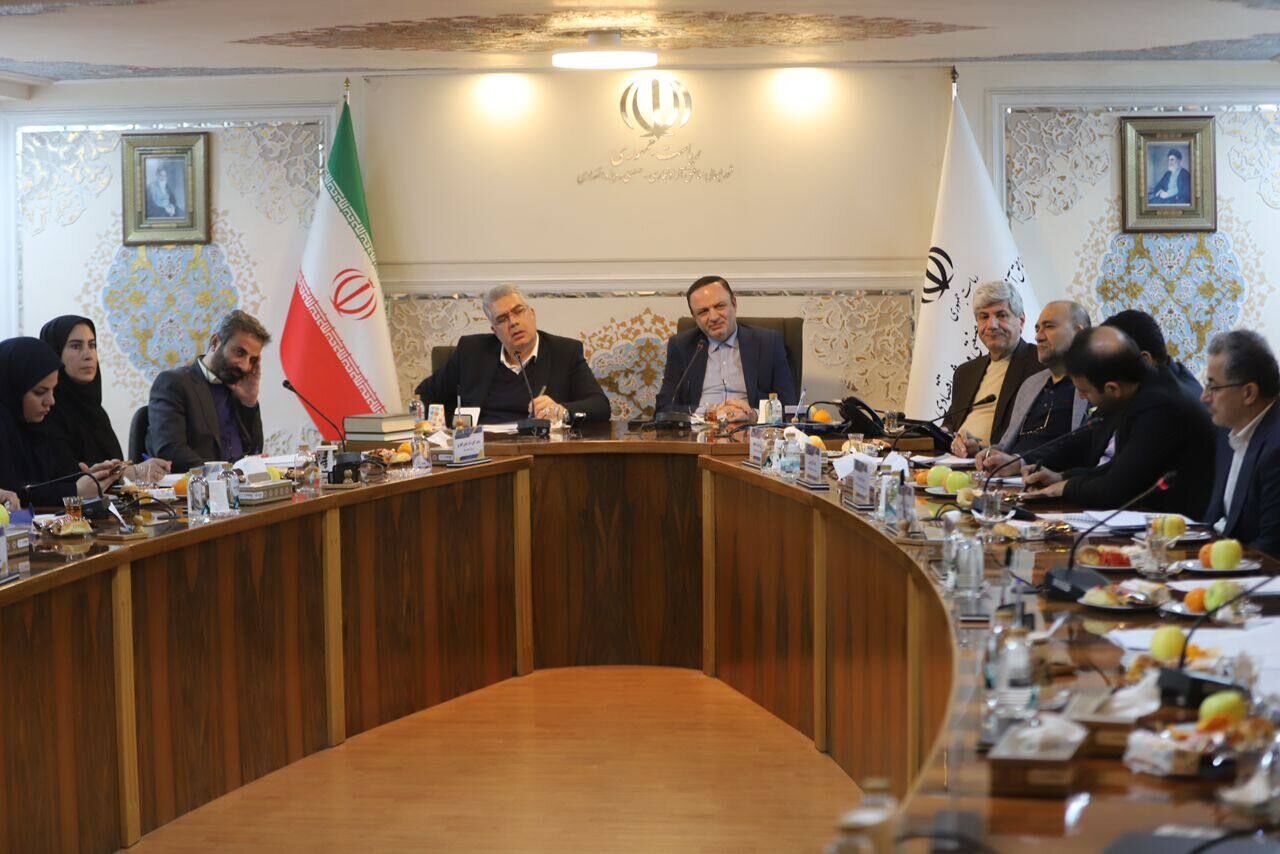Free zones urged to develop trade development frameworks
Free zones urged to develop trade development frameworks
TEHRAN - The head of Iran’s Trade Promotion Organization (TPO) has called for the preparation of trade development plans for the country’s free trade zones, highlighting their potential for economic growth through trade.

According to a Monday report by the TPO, Mohammad Ali Dehghan Dehnavi emphasized the untapped potential of free zones and their ability to bolster trade during a joint meeting with Reza Masrour, Secretary of the Free Zones High Council.
While acknowledging concerns about free zones becoming import hubs, Dehnavi stressed that imports can lead to the development of infrastructure, such as customs facilities and roads, which could transform these zones into production centers.
"Imports and exports are interrelated. By creating the right infrastructure and planning imports in free zones, we can fulfill consumer demand and improve people's welfare," Dehnavi stated.
The official underscored the importance of preparing trade development documents tailored to each free zone’s unique strengths. These plans, he said, would help set quantifiable goals and foster systematic development. He expressed the TPO’s readiness to collaborate with free zones to implement these plans and monitor progress.
He further noted the significance of export growth for addressing import-related challenges, explaining, "A positive trade balance can resolve many economic concerns. Each free zone can leverage the Eurasian Economic Union agreement to expand trade with neighboring countries, benefiting from reduced tariffs on many goods."
To mitigate the potential risks of imports, Dehnavi suggested that free zones utilize tools such as hosting international trade exhibitions and forming sister-city partnerships with neighboring regions. He also emphasized the need for specialized task forces to address trade-related issues and enhance collaboration with neighboring countries.
Masrour, in turn, stressed the need for a joint export development framework to support export-oriented investments. He called for closer cooperation with the TPO to address policy challenges, including customs regulations for passenger goods and imported products.
He highlighted the importance of enhancing export capabilities through measures such as establishing Export Management Companies (EMCs) and specialized export consortia to target key markets. He urged the TPO to support these initiatives and ensure the alignment of policies to unlock the full potential of free zones.
The official also pointed to the critical role of commercial attachés in showcasing the potential of free zones to foreign investors. He announced plans to appoint trade advisors to neighboring countries to strengthen economic ties and attract foreign investment.
The meeting concluded with an emphasis on organizing joint trade and exhibition events. Masrour also highlighted the potential for promoting "halal tourism" and export-driven tourism within free zones as part of a broader strategy to boost exports. To ensure implementation, he proposed assigning dedicated economic and legal teams to oversee the agreed initiatives.
These discussions mark a significant step toward realizing the economic potential of Iran’s free zones, turning them into dynamic hubs for trade and investment.
EF/
source: tehrantimes.com